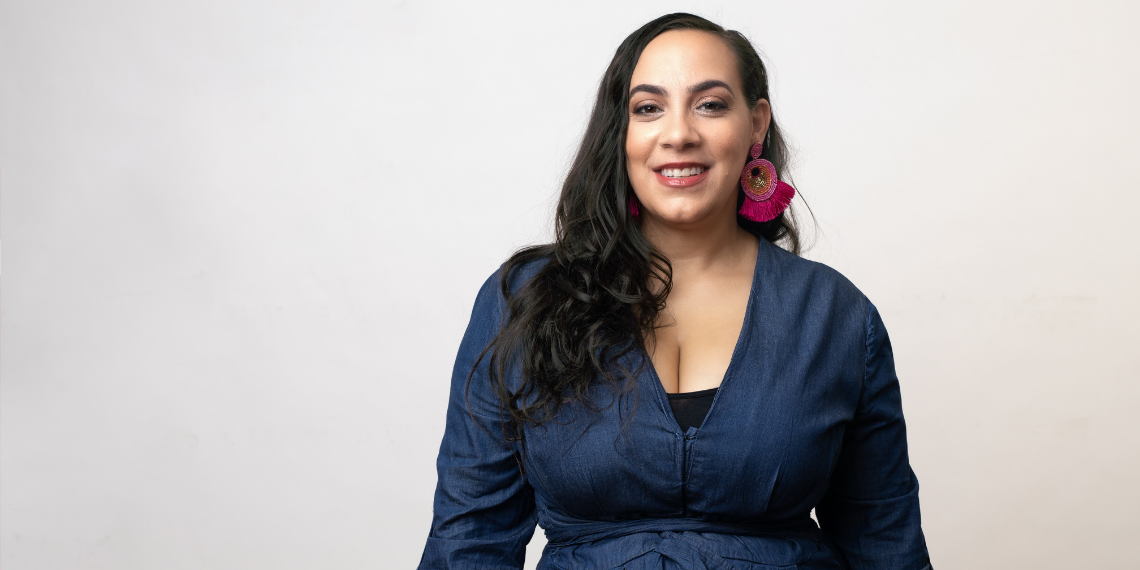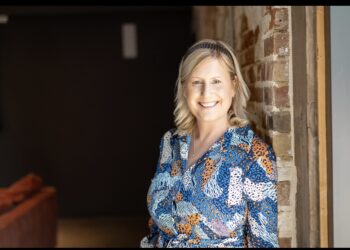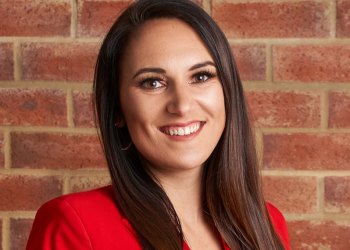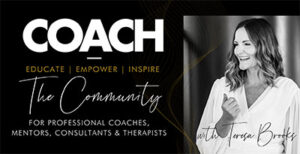How to build an Anti-Racist Business in 2021 – Trudi Lebrón
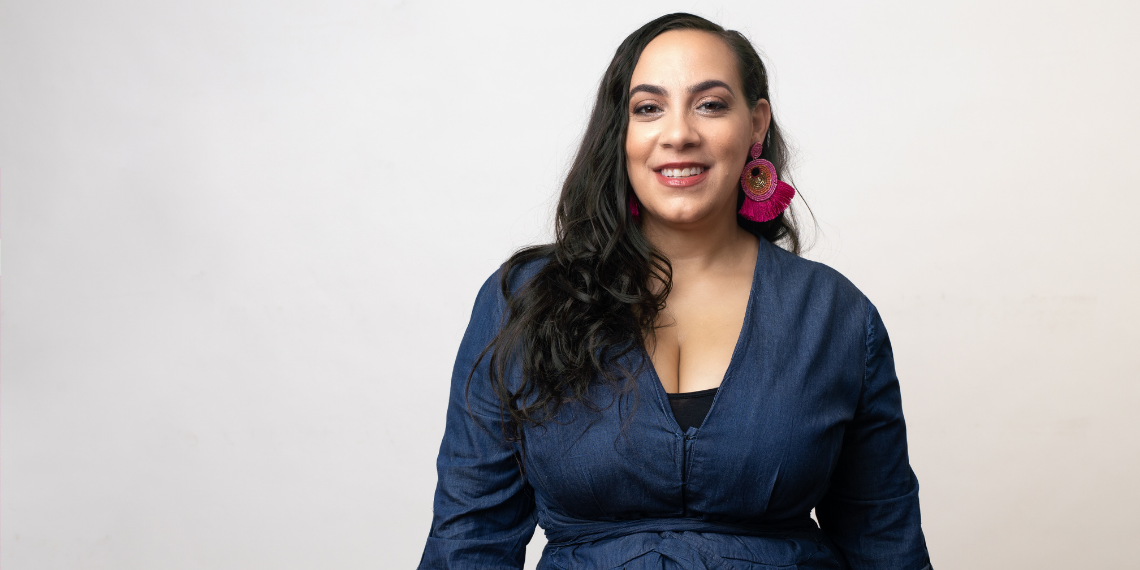
As a 16-year-old, high school dropout mother of two, Trudi lived the struggle, fighting her way up in the low-paying non-profit industry. As she continually witnessed the enormous gaps in equity and lack of representation across multiple industries, she made the decision to leave her full-time job to build her own business working with coaches, entrepreneurs and corporations. Her programs focus on the intersection of creating impact-driven business and championing DEI efforts. Trudi originally launched her business in 2013 and, at the time, she focused on adolescent development consulting and DEI with youth and served high schools and inner city school districts mostly. The current version of Scriptflip launched in 2016 which is when Trudi went full-time in her business and pivoted her focus to working with coaches, entrepreneurs and corporations.
A White and problematic world
I started my career working in the non-profit sector with underserved youth and their families and, in that role, I gained a meaningful understanding of diversity, equity and inclusion and what that needs to look like in today’s business world.
When I made the transition into the coaching world in 2016, I was shocked at how White and problematic the world was. I saw a huge lack of diversity in masterminds, at events and summits in terms of audience and speaker line-ups. And in general, the speakers I did see demonstrated a lack of awareness about issues related to diversity, equity and inclusion. For example, recommendations for coaches needing funding often included borrowing money from family, using credit cards or working for free, options that many coaches may not have.
It seemed like the whole industry was disconnected from the conversations and progress around diversity, equity, and inclusion that was being made in so many other industries I had been working in or observing for over 10 years. I noticed a huge opportunity to coach businesses in how to foster company cultures that effectively and genuinely recognised and prioritised diversity, equity and inclusion. I wanted to help make the coaching industry more representative of the world. I wanted to create more racial and ethical diversity across the board, more cultural sensitivity in coaching practices and more models for what success looks like.
And beyond just the coaching industry, I wanted to see more companies commit to anti-racist practice. I wanted to help reform equitable hiring and pay to employees, promote less reliance on temporary/contract labour and instil more emphasis on creating living wage jobs, benefits, time off, etc.
After the death of George Floyd, the demand for DEI training sky-rocketed and, in that moment, many coaches and businesses wanted to make public comment to support #BlackLivesMatter or similar movements. They also wanted to understand what they could do and how they could be better for the long term, but it’s not enough to simply issue a press release in today’s world.
An authentic commitment to doing anti-racist work has to be made.
Overcoming fear around approaching Diversity, Equity and Inclusion
It’s common for entrepreneurs and coaches who don’t already have a strong DEI focus to have some fear surrounding how to address the topic. Often, they’re worried they’re going to say or do something wrong leading to a real mistake with potential fallout.
We’ve seen this happen many times over the last year and prior to that.
My best advice? Get comfortable with being uncomfortable.
Showing up and being a business that reflects its values means there are going to be awkward conversations. You will be talking about things you may have been told in the past you should not say out loud. This needs to be quickly unlearned because the things you’ve been told you shouldn’t talk about are the very things you need to talk about if you want change. These things and discussions will and should make you uncomfortable.
This is where having coaches who have an acute awareness of DEI practices comes in because businesses also need external guidance on how to approach this and not attempt to do it internally by themselves – that’s when mistakes are made.
The inner work is priority
Do the work to unpack and raise awareness around your own biases to understand where you are.
Explore the messages around what you’ve learned about race growing up.
Ask yourself these questions:
- As a person and as business coach, what are my values and commitments?
- Why do I want to run an anti-racist business?
You need to find your personal connection and discover why diversity, equity and conclusion are important to you and your business before you take the next step.
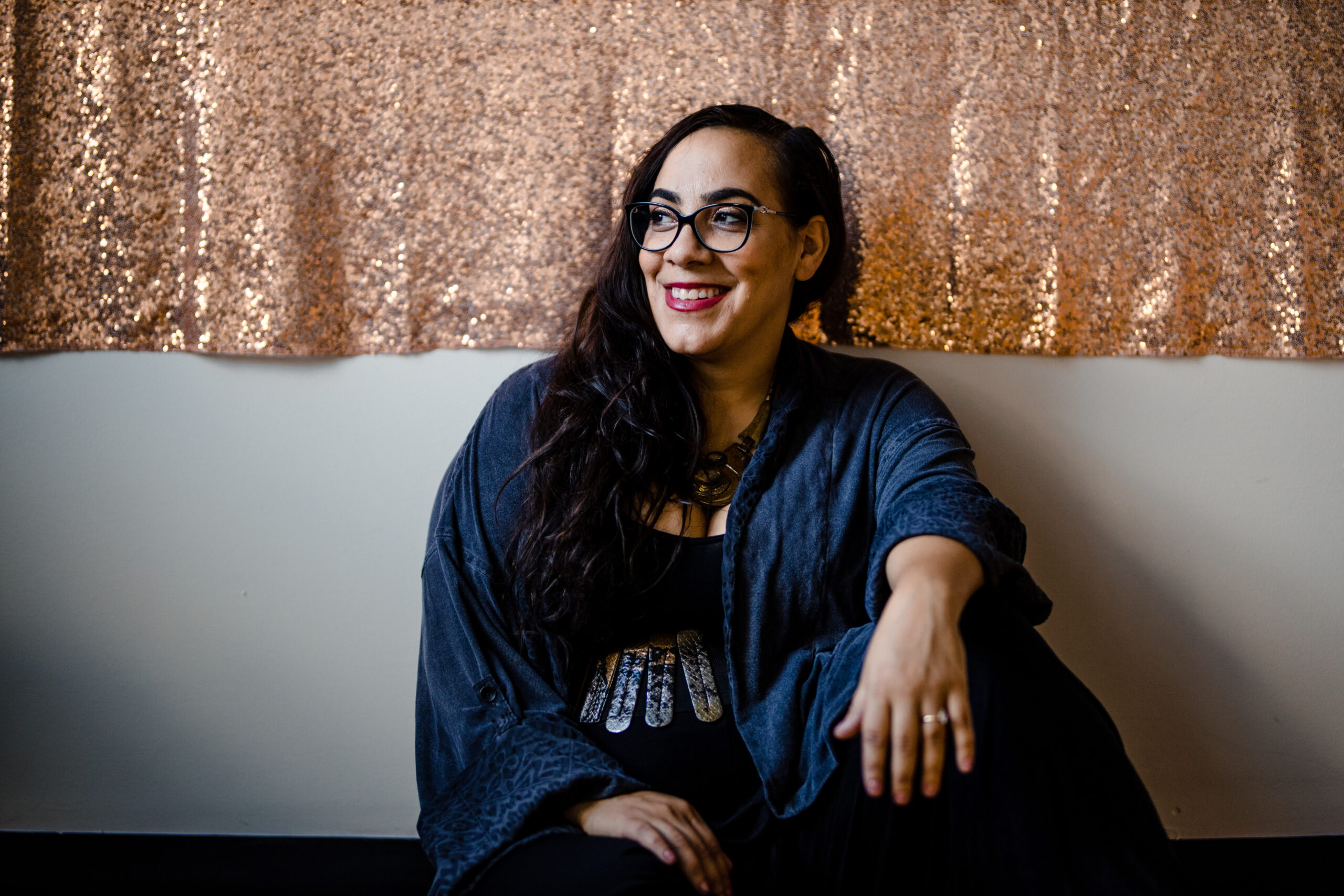
Running a DEI Business is your sustainability plan
With each generation, the world is becoming more multicultural and multi-ethnic. Understanding diversity and prioritising this as a focus in your business is also part of a sustainability plan. Over time, your clients are going to be more diverse and will seek diverse qualities in the coaches they hire and in the work of people and organisations that they work for or do business with.
Focusing on DEI will also hit all the levels of a balanced and healthy work environment. More diversity leads to a wider talent pool, better problem solving, more creativity and an overall richer workplace. It’s important to remember that wanting to build an anti-racist business because it’s “on trend” right now or any other superficial reason isn’t going to ring true.
You need to have the true desire to make these changes and you need to do the personal inner work; there are no shortcuts.
Keep in mind that when approaching a client that values DEI, that it’s not a company or business initiative. It’s not a ‘programme’ that can be siloed or assigned to one department to run. Everyone in the business or workplace should understand how their role ties into the goals of diversity, equity and inclusion.
Having an anti-racism strategy means that every individual in your business or company from the sales team to the marketing team through to the customer service representative needs to understand that a part of their job is to uphold those goals.
Ways to start incorporating Anti-Racist Values into your busines
1.Examine your business culture. You need to fully understand how you have created an environment that isn’t diverse enough in the first place in order to make the changes necessary to reverse it. What messaging has been communicated in the first place and how can that messaging be changed?
2. Create pathways or bridges for potential clients to get to know you and gain trust so they are comfortable investing with you. You likely have a target client so it doesn’t make sense to create a bunch of different programs and price points to cater to those outside of your target market. However, not everyone is confident in investing a lot of money in a product or service they are unfamiliar with. You might consider creating “tastes” of what it would be like to work with you, asking for smaller investments, leading up to a bigger commitment to working together.
3. Ditch the hard-sell. High pressure sales tactics don’t sit in alignment with anti-racist values. These types of environments rely on tactics that can be oppressive, manipulative or abuse power. These have no place in a business with priorities of diversity, equity and inclusion. Being transparent about what you are offering builds trust and provides a space for a potential client to go through their own process to make their decision.
4. Don’t defer to a default culture. When you have a default culture, it simply replicates what you have been taught, both explicitly and implicitly. Most people didn’t go to diverse or equitable schools or work in diverse and equitable workplaces so a new, embracing culture is something we learn to build. It takes a lot of intention in terms of how you establish your values, how you set up your policies and practices and how you design your programmes and protocols. Every decision you make needs to tie back into the culture you want to create in your business.
5. Don’t ‘market’ your DEI values. I’ve seen mistakes when businesses or entrepreneurs try to market their values instead of actually implementing them effectively. They roll out a fast initiative or change all the images on their website, throwing up the words ‘diversity, equity and inclusion’. They move quickly to address external facing things without taking time to build the internal capacity and do the personal transformation work. There is an appropriate time and place to share your diversity values after you’ve done the internal work, the policy work and you’ve made a lot of sustainable changes within the foundations of the business.
The Future of DEI Is Now
2020 indicated that the world is changing and fast. People are taking a stand to seek out consultants and coaches whose values align with theirs and, in response to that, we’re going to see more people and more businesses making a commitment to their values and to making a larger social impact. We are going to see more entrepreneurs stepping up and putting in the work to nurture a more diverse, equitable and inclusive working landscape.
Trudi Lebrón, the CEO of Scriptflipt, is a business, leadership and DEI Coach and Social Impact Strategist who teaches entrepreneurs and leaders how to build inclusive, equitable and successful businesses whilst working towards anti-racism. She is also the host of Business Remixed and runs a membership programme, the Equity-Centred Coaching Collective; a guided-learning community for coaches and leaders who want to start applying their commitment to equity in their business and life on a daily basis.
Connect with her on Instagram @trudilebron www.trudilebron.com

